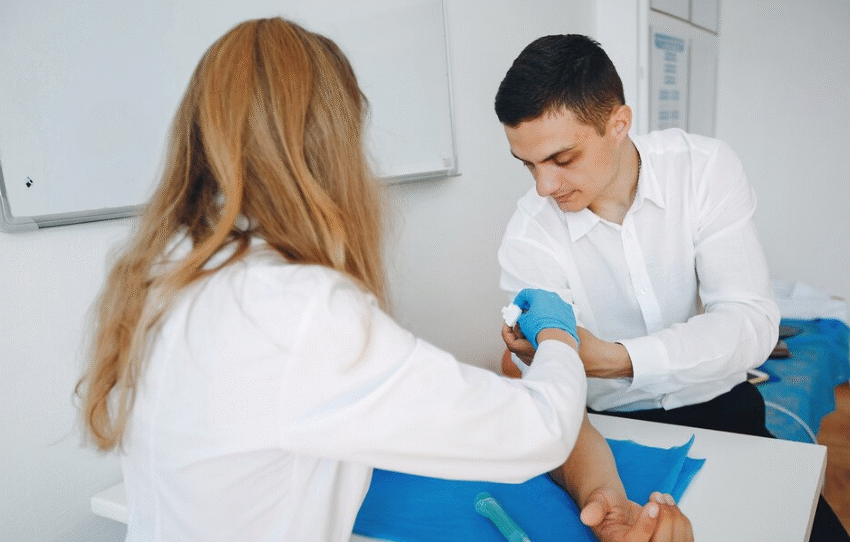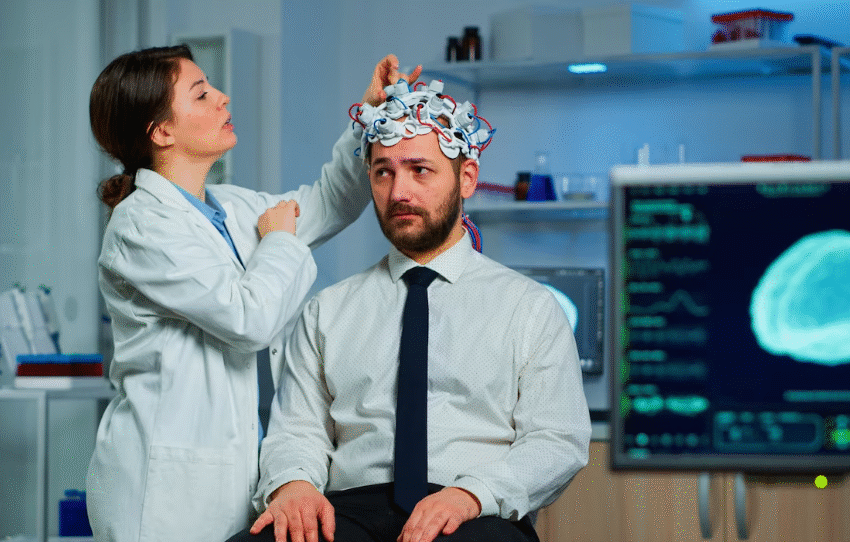Immediate Dental Care When You Need It Most: Finding the Right Emergency Dentist in Edmonton
Dental emergencies are never convenient and often strike at the worst possible times. Whether it’s a sudden toothache, a broken crown, or a knocked-out tooth, knowing where to find a trusted emergency dentist in Edmonton can make all the difference. Immediate professional care is crucial in these situations, not only to relieve pain but also to preserve your oral health and prevent long-term complications. Having a plan in place and understanding what to expect can save precious time and stress when emergencies arise.
What Is Considered a Dental Emergency?
Not every dental issue requires emergency treatment, but some conditions demand immediate attention to prevent further damage or infection.
Common dental emergencies include:
- Severe Toothache: Intense pain that doesn’t subside could signal infection or nerve damage.
- Broken or Chipped Teeth: Especially if accompanied by pain or sharp edges that risk injury to the mouth.
- Knocked-Out Tooth: Immediate action can often save a tooth if you see a dentist within the first hour.
- Lost Fillings or Crowns: Exposed teeth are vulnerable to decay and further damage.
- Abscesses and Infections: Swelling, fever, and pus can indicate a serious infection that needs urgent care.
- Soft Tissue Injuries: Lacerations to the gums, lips, or cheeks often require stitches or other emergency interventions.
If you’re unsure whether your situation is a true emergency, it’s always better to err on the side of caution and call your dentist for guidance.
What to Expect During an Emergency Dental Visit
When you arrive at an emergency dental clinic, the priority is assessing and relieving your pain. A rapid evaluation will determine the severity of your condition and the best course of action.
Typical steps during an emergency appointment include:
- Examination: A thorough checkup, possibly including X-rays, to diagnose the problem accurately.
- Pain Management: Immediate steps are taken to control pain, often through local anesthesia or prescription medications.
- Stabilization: The dentist will perform temporary or permanent treatments to stabilize the situation, such as placing a temporary crown, draining an abscess, or re-implanting a knocked-out tooth.
- Treatment Planning: If further procedures are needed, you’ll leave with a clear plan for ongoing care.
Quick and compassionate care during emergencies can make a world of difference in the outcome of treatment and your overall dental health.
How to Handle Common Dental Emergencies Before You Reach the Dentist
Knowing some basic first aid for dental emergencies can help you manage the situation and potentially improve the outcome before you get to the dentist.
- For a Knocked-Out Tooth: Hold the tooth by the crown (not the root), rinse it gently if dirty, and try to place it back in the socket. If that’s not possible, store it in milk or a saline solution and get to a dentist immediately.
- For a Broken Tooth: Rinse your mouth with warm water and apply a cold compress to reduce swelling. Save any pieces of the tooth.
- For Severe Toothaches: Rinse your mouth with warm water and floss gently to ensure no food is stuck between teeth. Avoid placing aspirin directly on the gums.
- For a Lost Filling or Crown: Protect the exposed tooth by covering it with dental cement (available at pharmacies) until you can see a dentist.
Prompt care helps reduce pain, prevent infection, and often improves the chances of saving teeth that might otherwise be lost.
Choosing the Right Emergency Dentist in Edmonton
Finding a reliable emergency dentist before you need one is a smart move. Not all dental offices offer emergency services, and waiting until an emergency happens can add unnecessary panic and confusion.
Here are key factors to look for:
- Availability: Choose a dentist who offers extended hours, weekend services, or 24/7 emergency support.
- Experience: Dentists who frequently handle emergencies are better prepared to manage high-stress situations quickly and effectively.
- Location: Proximity matters when minutes count, so finding a local dentist you trust is important.
- Comprehensive Services: Offices that provide both emergency and general dental care simplify follow-up treatment if needed.
Ask your regular dentist if they offer emergency services or can refer you to a trusted provider who does.
The Connection Between Emergency Dentistry and Long-Term Oral Health
Dealing with emergencies promptly not only addresses immediate pain but also helps protect your overall oral health. Untreated dental trauma or infection can lead to more serious complications, including bone loss, widespread infection, and tooth loss.
Patients who establish care with an emergency dentist often discover that preventive care becomes even more critical. Following an emergency visit, your dentist will likely recommend regular cleanings, exams, and possibly restorative work to prevent future emergencies.
This ties directly into the broader world of family dentistry in Edmonton, where comprehensive, ongoing care is designed to meet the needs of every family member, from young children to seniors. Building a relationship with a dental practice that handles both routine and urgent care ensures seamless treatment and greater peace of mind.
How to Prevent Dental Emergencies
While not all dental emergencies are avoidable, good habits can significantly reduce the risk. Here are some practical tips:
- Wear a Mouthguard: Especially during sports or high-risk activities to protect your teeth from trauma.
- Maintain Good Oral Hygiene: Brush twice a day, floss daily, and visit your dentist regularly to catch potential problems early.
- Avoid Using Teeth as Tools: Don’t use your teeth to open packages, bottles, or chew on hard objects like ice.
- Address Dental Issues Promptly: Ignoring small problems like minor toothaches or loose fillings can turn into bigger emergencies over time.


